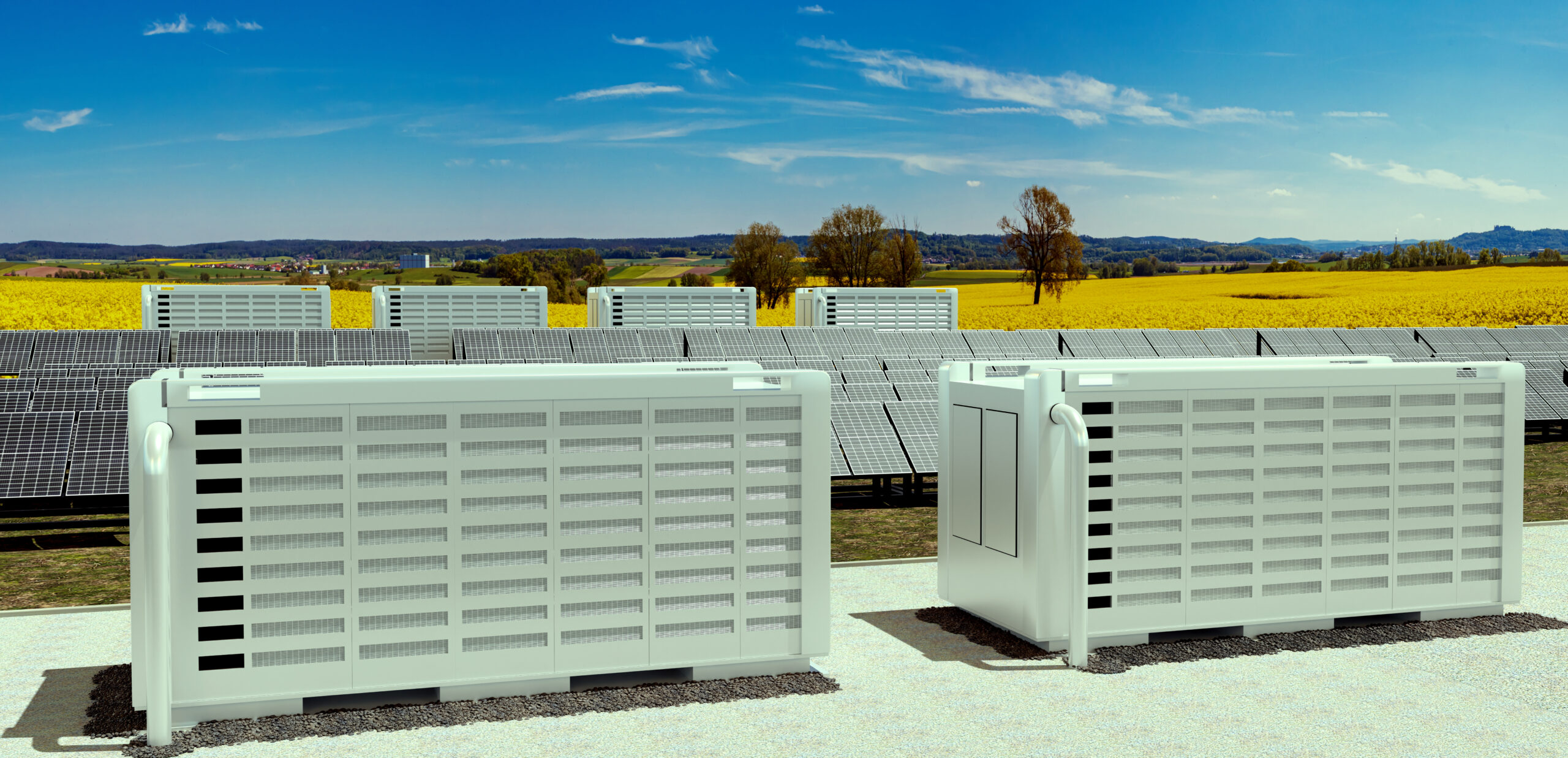Carolinas Clean Energy Business Association
The Carolinas' Voice for the Clean Energy Industry Who We AreWhere We WorkPHONE
(919) 590-4017
ADDRESS
811 Ninth Street, Suite 120-158
Durham, NC 27705
The Carolinas Clean Energy Business Association (CCEBA) is an association of independent power producers, suppliers, and customers committed to expanding private sector market access in the Carolinas’ vertically-integrated utility environment.
The Carolinas are clean energy leaders, but their energy market structure gives utilities, legislators, and regulators control over energy generation, transmission, and distribution. CCEBA is working to transform the energy landscape, empowering businesses and customers to shape a more accessible, competitive, and sustainable energy future.

